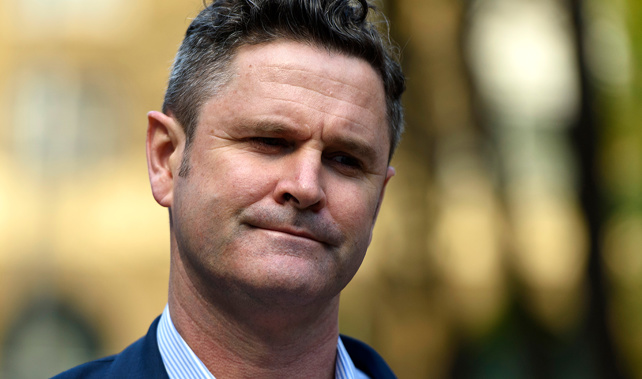
The Chris Cairns trial will enter a ninth week after the jury failed to reach a verdict after eight hours of deliberation.
Justice Nigel Sweeney sent the 12 jurors home for the weekend after they debated behind closed doors for five hours overnight (NZT), on top of three hours on Tuesday.
Shortly before the lunch break, the jury asked Justice Sweeney if he would accept anything less than a unanimous verdict.
He urged them to keep seeking a 12-0 result but, given the length of the trial, said he would accept a majority verdict. That means the jury could acquit or convict Cairns and co-accused Andrew Fitch-Holland even if split 11-1 or 10-2.
The jury will return to the Southwark Crown Court to continue considering verdicts on Monday at 11pm (NZT).
The five men and seven women on the jury had a two-day break to attend appointments postponed because of the marathon eight-week trial.
The "worst case scenario" for the trial to conclude had been November 20, a date which included a two-week buffer for the jury to consider their verdicts.
They finally retired on Tuesday to start debating whether to acquit or convict Cairns and co-accused Andrew Fitch-Holland, but had only three hours together before being sent home.
Cairns is facing one charge of perjury and one of perverting the course of justice, Fitch-Holland the latter charge only.
They stem from allegations Cairns lied during a libel trial he won against former Indian Premier League boss Lalit Modi.
Modi tweeted that Cairns had been involved in match-fixing in the rebel Indian Cricket League. Cairns has always denied any involvement in match-fixing.
Justice Nigel Sweeney has directed the jury to first consider the perjury charge against Cairns and said they must be sure of the evidence of at least two of the three key Crown witnesses - Brendon McCullum, Lou Vincent and Vincent's ex-wife Ellie Riley.
If they are not sure Cairns was involved in match-fixing, the jury must find him not guilty and the case is over - they do not need to consider the second charge of perverting the course of justice.
But if they convict Cairns of perjury, the jury can then turn their attention to the perverting the course of justice charge laid against both men.
The second charge arises from a Skype conversation in which Fitch-Holland tried to persuade Vincent to give a statement to support Cairns' libel case against Lalit Modi.
In order to convict him, the jury must be sure Fitch-Holland knew Cairns and Vincent were involved in match-fixing and also that he asked Vincent to provide a false statement.
If Fitch-Holland is acquitted, Cairns will also be found not guilty. If found guilty, the jury can then consider whether Cairns and Fitch-Holland conspired together in a "joint enterprise" to obtain the statement.
In his final words to the jury, Justice Sweeney said inevitably there would be vigorous debate but urged them to listen to differing views.
"There is no pressure of time. It is by that route you can return true verdicts according to the evidence."
Take your Radio, Podcasts and Music with you









